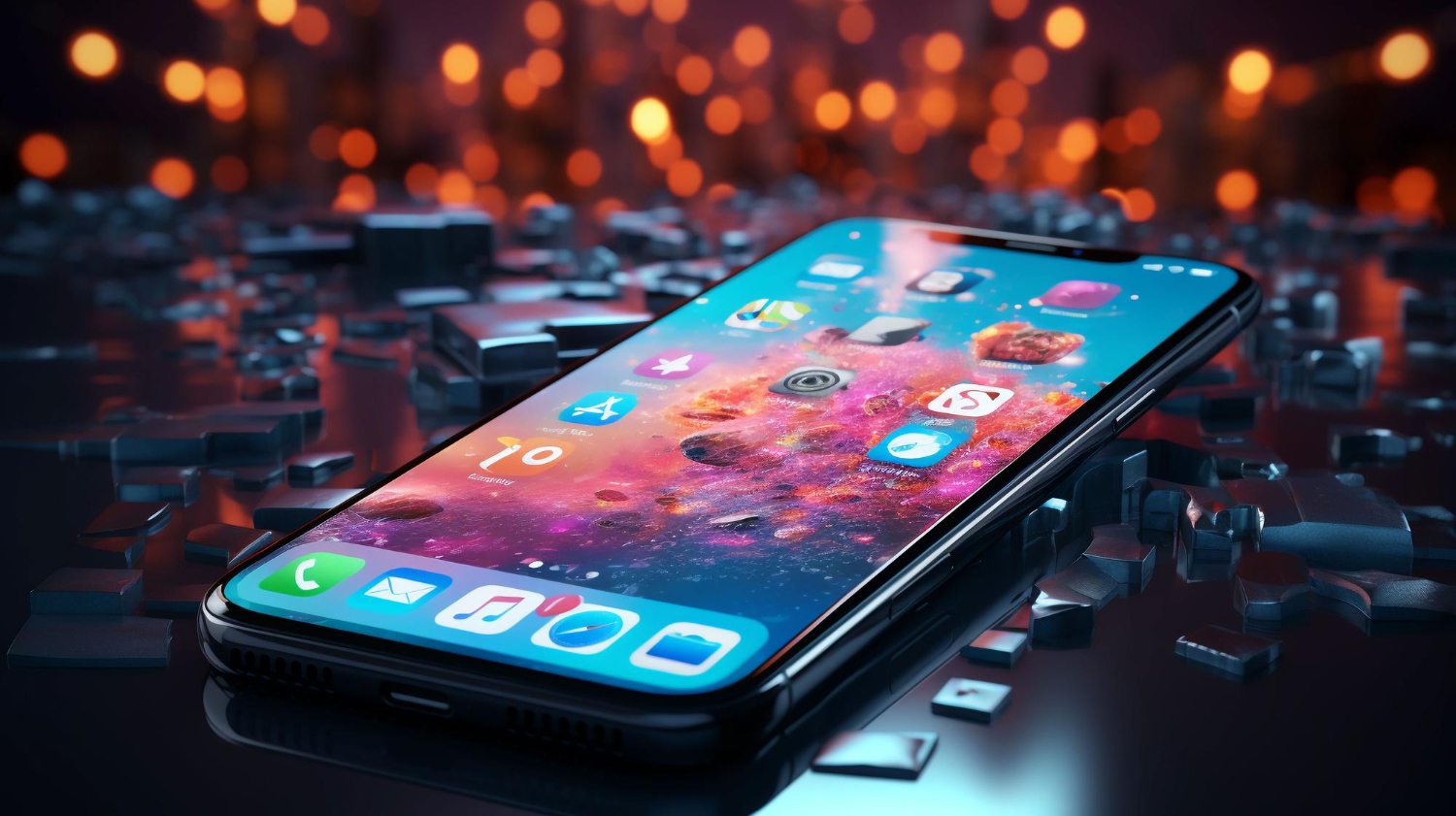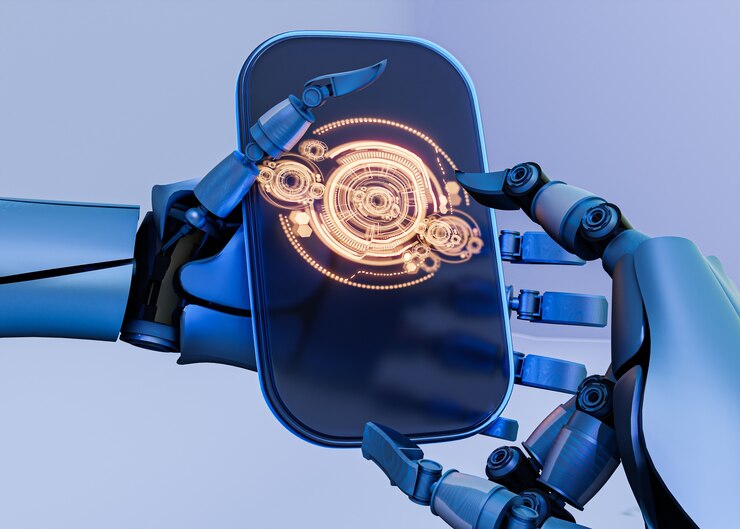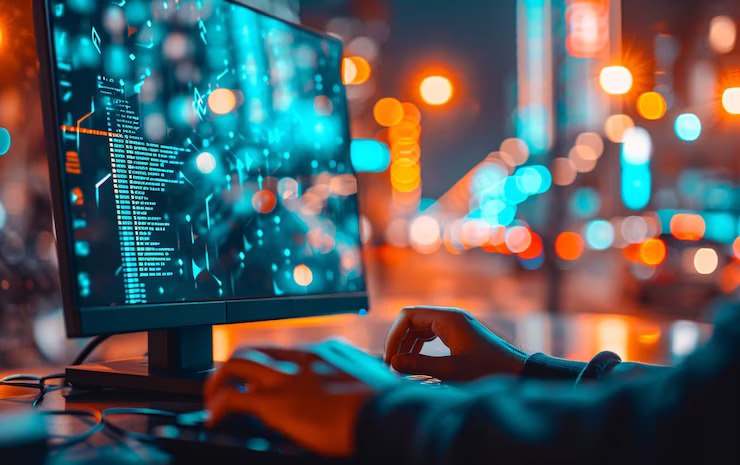BLOG
IoT Technology-The Next Big Game Changer in the Travel Sector
In this era of digital technology, IoT has brought an enormous transformation to the world of tourism, helping businesses with day-to-day operations while also offering a better customer experience.
According to McKinsey’s analysis, the number of IoT-connected devices will increase to 43 billion by 2023, an almost threefold increase from 2018.
The travel industry is empowering IoT in several spheres to enhance customer satisfaction, integrating smart wearables devices, Wi-Fi connectivity, and voice technology support to connected devices is bringing the travel industry to a better place.
In this article, we will see, what the Internet of Things is and find out how it can be beneficial to the travel industry.
What is the internet of things?
The Internet of Things refers to any network of computing devices or machines that are connected via wireless. IoT devices and appliances are equipped with network connectivity that allows them to communicate with each other and receive and share huge amounts of data about their users.
For example, in hotel rooms, a device will be offered to customers that connect all electronic equipment, such as lights, heaters, and air conditioning, so they can control it from one place. In airports, too, luggage cases can be installed with sensors that alert passengers when they pass by.
Also, if any person loses their luggage, the device can track it. In the travel industry, IoT can perform multiple tasks. For example, if any tourist lost their direction to the camp or destination, the guide could track them with the help of IoT devices that connect with the guide as well as the tourists.
Why is the IoT beneficial to the travel industry?
While many other industries can benefit from IoT technology today, travel and tourism are particularly well-positioned to reap the rewards because they can further automate, personalize, and enhance customer experiences. It can also simplify the day-to-day tasks that go into running a hotel or travel company.
Hotels can use IoT applications to save money on their energy bills by operating them remotely. For example, if the guests left their room without turning off the lights or air-conditioner, the staff can be swiftly notified and adjust the settings from a tablet. The IoT sensors in the room can analyze the amount of natural light and automatically adjust the light bulb power to save electricity.
In addition to hotels, IoT-enabled airplanes are equipped with sensors that track passengers’ body temperature, heart rate, and anxiety level to offer help in case of emergency assistance. Flight attendants can take action to prevent certain situations and provide immediate help. Thus, passengers can feel safer and more comfortable during their flights and receive assistance when necessary.
IoT Examples Within the Travel Industry
- Personalized Control
One of the most common uses of IoT technology in the travel industry has been to enhance personalization within hotels and flights, and this is primarily provided by allowing customers to control more appliances or services through a centralized device, such as a tablet or even their phone.
By implementing internet-enabled heating, lighting, and television, customers can control them from one place. The devices may even allow users to select a particular temperature and light level, and have the devices maintain those levels automatically. Flights can also use similar technology to regulate seat temperature or air conditioning.
- A seamless travel experiences
IoT is extremely effective in simplifying the travel experience at various points in the journey. By streamlining the travel experience, travel business owners can ensure the satisfaction of their customers.
The best example of how IoT technology is helping to make the travel experience smoother is smart speakers such as Amazon Alexa. With these smart speakers, passengers can customize their requests using voice assistance. Customers could ask for anything they like using this IoT technology, from ordering pizzas and booking taxis to check-in in hotels and much more. United Airlines have integrated smart device check-ins through smart speakers from Amazon and Google Home as well as through Fitbit’s Ionic smartwatch. The app allows customers to view key information, including flight status and boarding passes. The Smart speakers have proven to be one of the most successful aids in online check-ins, with future passengers gearing up to manage all their travel preparations.
In addition to the airport, hotels can also benefit from IoT simplifying the check-in process. Several hotels now deliver electronic key cards to guests’ smartphones, which they can use to check in automatically without stopping at the front desk. The IoT sensors can even be used to notify restaurant staff when guests arrive and provide them with the correct table number and when it is ready.
- Location Information
Companies operating in the travel industry use the Internet of Things to send location-specific information to customers and to gather valuable data. With the combination of smartphone capabilities and beacon technology or other sensors, messages can be sent to tourists according to their location.
For example, you could send messages about the best times to visit local attractions or mention subway services nearby. In addition, IoT can be used to gather accurate data about how many people are using specific hotel facilities at different times so that staffing levels can be optimized.
- Transportation
Transportation is one of the major concerns when traveling far away and wanting to see tourist attractions. Connected devices can help find nearby bus stands, taxi services, routes, shopping areas, and events. Robotics and artificial intelligence all work together to make tourist vacations more enjoyable and less stressful with the adoption of IoT technology in smart cities.
Ralph Hollister, Travel and Tourism Analyst at GlobalData, comments: “Connected applications can make tourism flows safer throughout a smart city or destination, by providing real-time warnings about crowding.”
- Discover the Right Match
Travel agents have become relics of the past. With many travel businesses moving their services online, people can make all their travel preparations from the couch. Whether they are choosing the destination, booking flights or hotels, or making dinner reservations at a restaurant, this can all be done without any human interaction at all.
In addition, your trip can be easily tailored to your preferences. The system already knows all your preferences based on previous trips, social media information, the feedback you’ve left, etc. The data gathered and analyzed through various connected devices makes it much easier to find the perfect vacation in terms of cost, flights, hotel suggestions, food likes, and much more. We all thank the data accumulated through IoT devices in terms of budget, interest, and previous trips.
PwC found in its survey that 70% of hotel executives have active IoT projects and they are using IoT to bring efficiencies to both the front of the house and the back of the house. Most PwC survey respondents say that they’re using IoT data and smart devices to anticipate guest needs using personal data, to improve the guest experience.
- Energy Saving Travel
It is becoming increasingly important for businesses to cultivate green and sustainable technology solutions, and travel is a top offender in the environmental field. Naturally, planes contribute a large amount of pollution, and when people are on vacation, they tend to be more liberal with their use of resources. As a result of the huge expenditure of resources involved in travel, the travel industry must do everything in its power to minimize its impact on the environment.
IoT technology provides a brilliant solution to this problem, with a particular focus on reducing the environmental impact of travelers.
For example, when people stay in hotels, they usually spend a lot more energy in an unnecessary way than when in their own homes. IoT-enabled hotel applications allow guests to control and monitor how much energy they are using. They make travelers more conscious of their environmental impact by giving them control over their energy consumption activities. With a single smart device, you can control room temperature, heating, lighting, and television remotely.
- Maintenance & Repairs
Finally, the Internet of Things can also be used to directly benefit IoT devices by providing valuable, real-time information about their status and working order. In the travel industry, this can be vital for repairing or replacing essential devices before they break down.
For example, automated smart door locks are one great security feature of an IoT hotel room. Instead of using a key, guests in an IOT-powered hotel room can unlock their door with a secure app on their smartphones.
Hotel housekeeping staff could utilize occupancy sensors to determine when a guest room has been vacated and is ready to be cleaned. They can also monitor other sensors can detect electricity usage and maintenance needs like burnt-out lightbulbs or plumbing leaks.
Wrapping Up
The travel industry is one crucial industry where interaction with the customer is becoming more important, and technological advances are letting corporations get closer and know their customers a bit better.
After reading this article, if you are looking to bring an upgrade to your travel business or have any idea in your mind related to it, get in touch with us today.
Related Topics
Trending Topics
Want to build Super app for your business?



